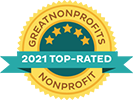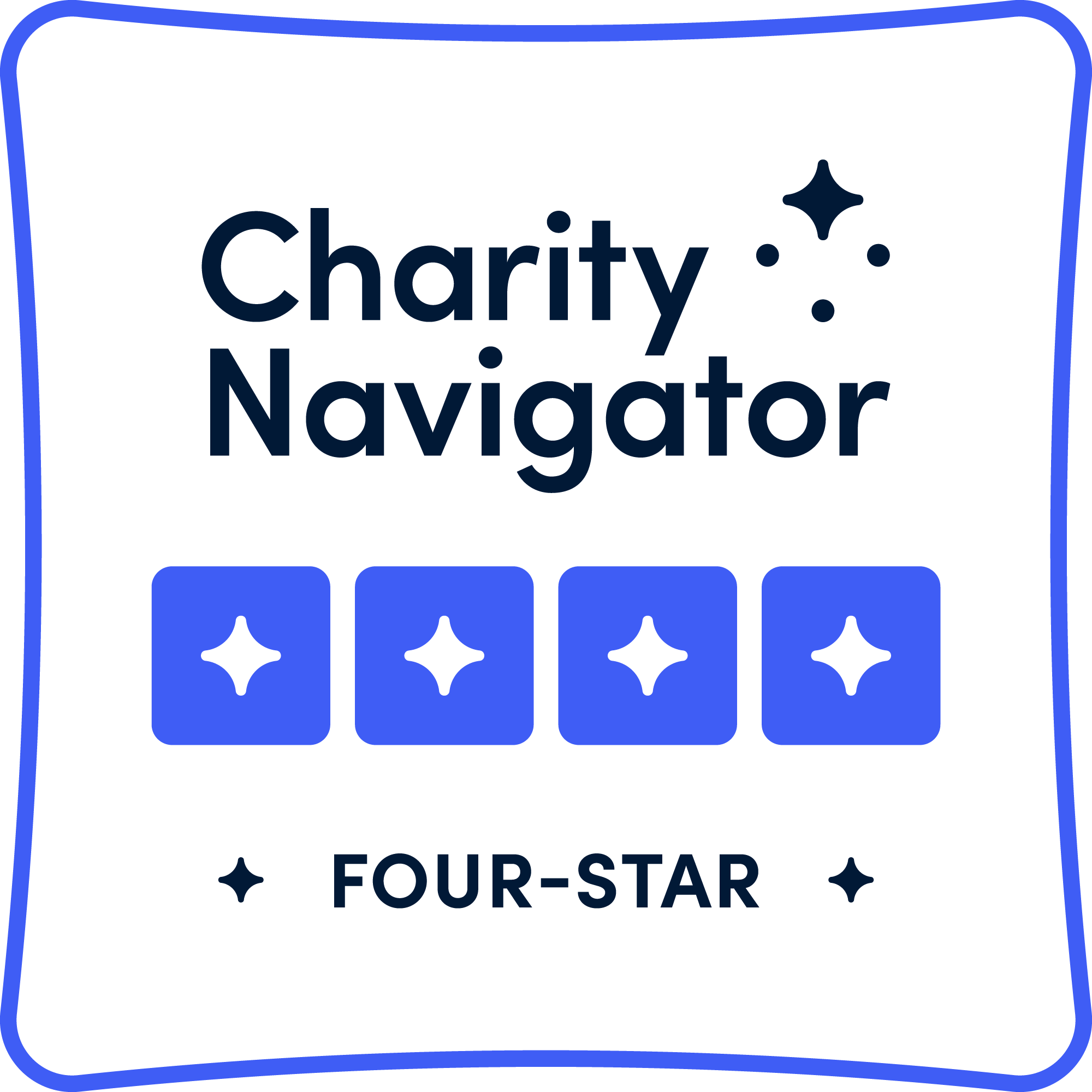ARC in the Field: Updates from the AAHFN Annual Meeting
The American Association of Heart Failure Nurses (AAHFN) hosted its 18th annual meeting June 15-17, 2022 gathering nurses, care providers, industry sponsors, and other stakeholders for three full days of heart failure-related research, scientific, and programmatic knowledge-sharing. The ARC education team and members of ARC’s Amyloidosis Nurse Collaborative attended to share informational resources, listen to and lead conference sessions, and network with leading experts in the field. Through collaborative efforts to raise awareness, amyloidosis diseases and treatments are receiving greater attention. This year, AAHFN hosted an inaugural “Amyloidosis Bootcamp,” providing a platform for providers to learn about Amyloidosis pathophysiology, common red flag warning signs, routine pitfalls in diagnosis, and overview of the treatment landscape for both AL and TTR Amyloidosis. The importance of coordinating care across specialties and providers for the effective management of the multi-systemic nature of amyloidosis was also highlighted along with an overview of US centers of excellence models, the benefits of building specialty centers, and expertise and administration needed to deliver holistic patient care.
The Amyloidosis Bootcamp reflects a growing interest in disease understanding and training opportunities for care providers. Chris Bell, ARNP, from Cardiology Associates of North Mississippi, kicked-off the session, providing an overview of cardiac amyloidosis, red flag symptoms, and types and sub-types of amyloidosis including AL, ATTR Hereditary, and ATTR Wild Type. Cindy Bither, Chief NP at the Advanced Heart Failure Program, Medstar Washington Hospital Center Washington, DC, then presented on symptom management and advanced treatment options, and discussed considerations for palliative care. Both speakers shared their expertise, provided easy-to-understand content, skillfully guiding the audience through the intricacies of caring for amyloidosis patients.
In the days leading up to the start of AAHFN, Alnylam announced the approval of AMVUTTRA™ (vutrisiran), an RNAi therapeutic for the treatment of the polyneuropathy of hereditary transthyretin-mediated Amyloidosis in adults. Evidence for AMVUTTRA™ was presented during a session and demonstrated an exciting new treatment option for hATTR patients with significant improvement in the signs and symptoms of polyneuropathy: more than 50 percent of patients experience halting or reversal of their disease manifestations. From there, Dr. Farooq Sheikh, Medical Director of the Advanced Heart Failure Program at MedStar Health/Georgetown University, followed Alnylam’s AMVUTTRA™ announcement and discussed case studies of different types of Amyloidosis, including diagnostic options, common diagnostic pitfalls, and available therapies for the treatment of different types of Amyloidosis.
Finally, we heard from Dr. Joanna Fajardo, Infiltrative Cardiomyopathy Program Director, MedStar Washington Hospital Center, and Chair of ARC’s Amyloidosis Nurse Collaborative, regarding the growing presence of centers of excellence in Amyloidosis. Centers of excellence aim to deliver integrative, efficient, and coordinated care and have demonstrated that the trajectory of Amyloidosis patients is improved by providing cross-specialist coordinated care, and timely access to treatment options. Development of these centers is challenging and involves resources – time, budget, specialty providers – but the need is growing and the resulting outcomes are clear and life-saving. Where there are comprehensive care centers we see reduced emergency room visits, reduced hospital admissions, overall improvement in care, increased patient and caregiver knowledge, and improved quality of life. Dr. Fajardo outlined a roadmap for the development of amyloidosis centers of excellence, including steps, challenges, personnel and team competencies required for such a center. She highlighted the critical role of the Amyloidosis Nurse Navigator, a dedicated staff member embedded within the interdisciplinary care team to support diagnosis, patient and caregiver education, and care navigation.
My deep interest in Amyloidosis is both personal and professional: I am a passionate RN in the field of Amyloidosis and a caregiver for a family member living with AL Amyloidosis. I am driven by the perspective that patients should receive comprehensive care and motivated to support the establishment of systems that can effectively serve the complex needs of patients, systems that evolve as new therapies and treatment options become available, in parallel with increased awareness of the disease and diagnostic tools.
As Amyloidosis becomes better recognized and a more chronically treated condition, there are novel technologies and therapies coming to market that can significantly improve quality of life, symptom management, and survival for Amyloidosis patients. AAHFN highlighted how hopeful those of us in the field can be when working in Amyloidosis research, care and treatment – multiple sessions held over the 3-day conference demonstrated how far we have come in terms of progress, identified unmet needs and directions for future research and treatment, and the dedication of professionals across sectors to improve quality of life for patients with amyloidosis.
Report by: Mary O’Sullivan, RN; member of ARC Amyloidosis Nurse Collaborative
- Categories



